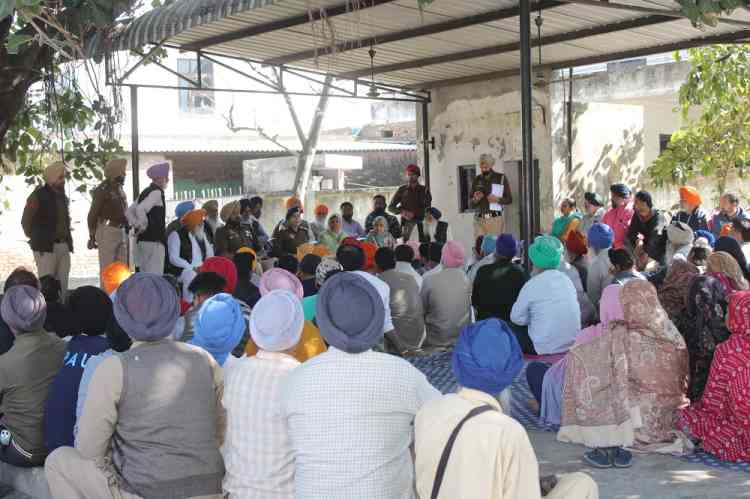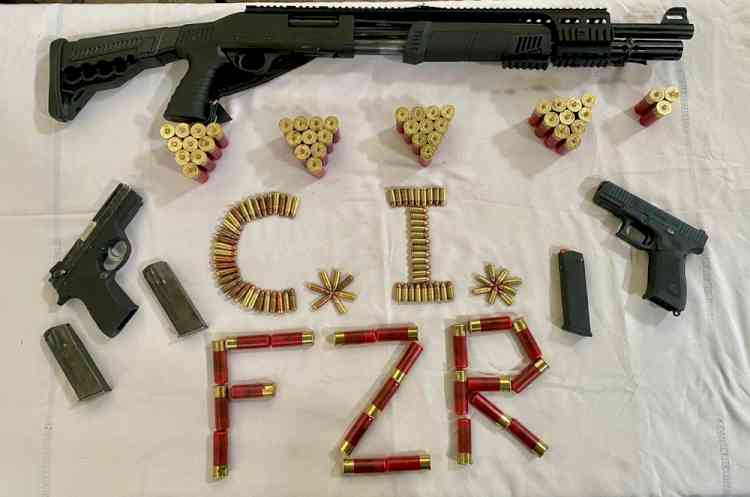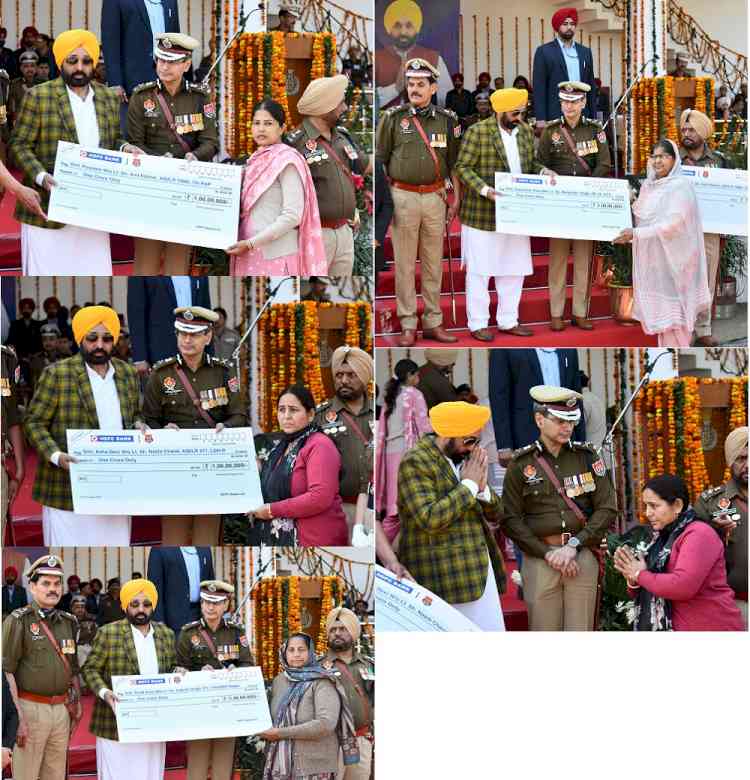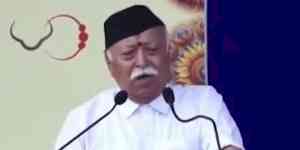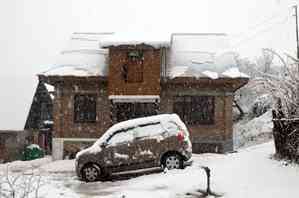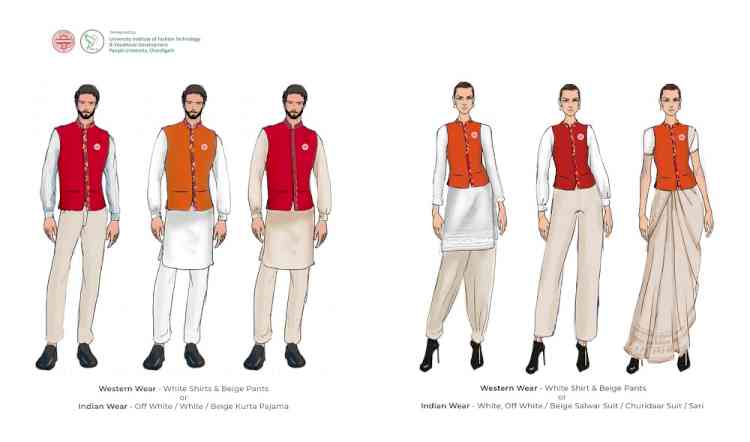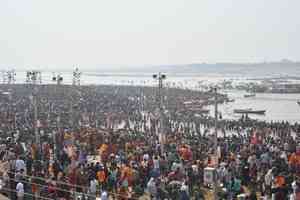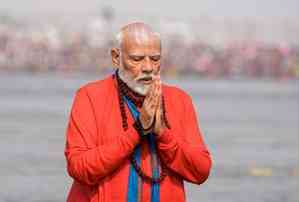PAU concludes two-day workshop on rabi crops; Emphasis on production strategies and sustainable solutions
The Punjab Agricultural University (PAU), Ludhiana, successfully concluded a two-day Research and Extension Specialists Workshop at the Pal Auditorium, focusing on enhancing Rabi crop production and addressing key challenges ahead of the upcoming season.
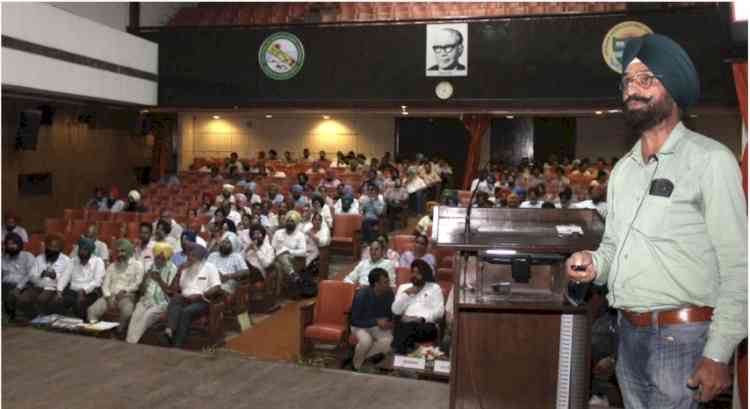
Ludhiana, August 22, 2024: The Punjab Agricultural University (PAU), Ludhiana, successfully concluded a two-day Research and Extension Specialists Workshop at the Pal Auditorium, focusing on enhancing Rabi crop production and addressing key challenges ahead of the upcoming season.
The second day of the workshop began with a visit to PAU's Field Demonstration Areas, where participants were introduced to the latest advancements in agricultural practices and machinery. The technical sessions covered a wide range of topics, including agricultural engineering, zoology, forestry, and economics, under the leadership of Dr A. S. Dhatt, Director of Research at PAU. The sessions were coordinated by Dr Tarsem Singh Dhillon, Additional Director of Extension Education, along with Dr. (Mrs.) Ashoo Toor from the Communication Centre.
In his concluding remarks, Session Chairman, Dr. A. S. Dhatt, (Director of Research at PAU), emphasized the critical importance of adopting PAU's scientifically backed recommendations for farm operations. He highlighted the advantages of cultivating PAU-developed wheat and canola varieties to ensure higher yields, better disease resistance, and adaptability to local climatic conditions. Dr Dhatt also underscored the significance of sustainable agricultural practices, particularly the in situ conservation of paddy straw. He explained that incorporating paddy straw back into the soil, rather than opting for ex-situ management methods, offers substantial long-term benefits. This practice enhances soil fertility by improving organic matter content, helps retain moisture, reduces the need for chemical fertilizers, and ultimately leads to more sustainable farming. Further, Dr Dhatt called extension functionaries to actively promote PAU's skill-based short-duration programmes, designed to provide practical, hands-on training to farmers and farm women and crucial for diversifying income streams. By equipping farmers with new skills in areas such as value addition, agro-processing, and alternative cropping systems, these initiatives aim to enhance their economic resilience and enable them to maximize returns from their agricultural endeavours, Dr Dhatt said.
Key discussions during the workshop included the status and impact of straw management machinery in Punjab, with a special focus on the biomass incorporator, a patented technology developed by PAU. Dr Aseem Verma from the Department of Farm Machinery and Power Engineering shared insights into this innovation. At the same time, Dr MK Narang provided an overview of straw management machinery and the benefits of in situ straw management. Other significant topics included paddy straw-based biogas plants as a sustainable solution, emerging diseases in rice, and the management of agroforestry systems and rodents in Rabi crops. The session concluded with a question-and-answer session, where experts addressed queries from participants.
The workshop brought together scientists, extension functionaries from PAU and its Krishi Vigyan Kendras (KVKs) across the state, agricultural officers, faculty members, and students, fostering a collaborative approach to sustainable farming practices.



 City Air News
City Air News 
